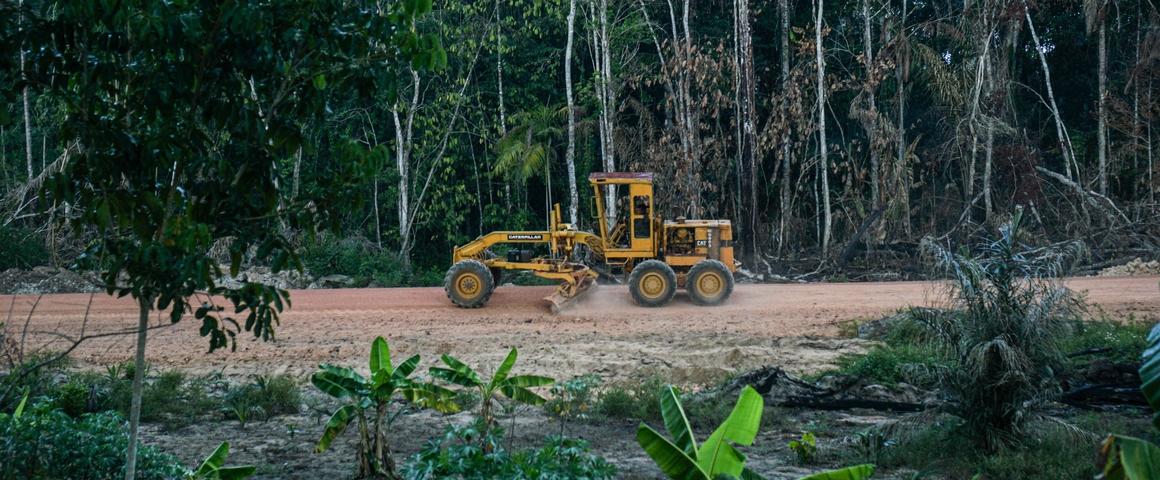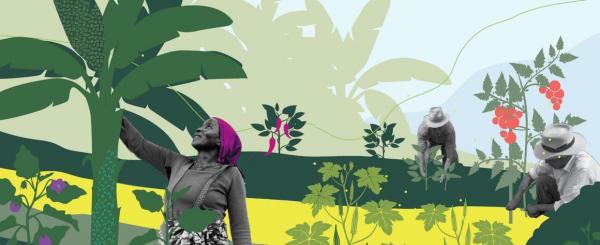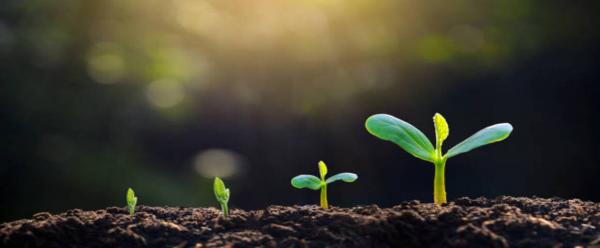Just out 20 January 2026
- Home
- CIRAD news
- News
- Podcast | Land for sale
Podcast | Land for sale – S. 5 Ep. 2

Au Suriname, construction d'une route en pleine foret pour accéder aux concessions foncières ou minières © ILC
With:
- Jérémy Bourgoin, geographer with CIRAD and the International Land Coalition (ILC)
- Ward Anseeuw, Lead, FAO Land Tenure Team
Between 2000 and 2020, the Land Matrix recorded 1865 international land transactions. In terms of land area, that meant 33 million hectares, or the equivalent of a country like Italy or the Philippines. At the time, most of those land deals were agricultural investments. Fifteen years on, international land observatories such as the Land Matrix revealed the emergence of new trends. The number of land purchases for agriculture is shrinking, while purchases linked to the energy transition in the countries of the global North are skyrocketing. New mines are opening here, there and everywhere, primarily in areas already suffering from land insecurity, which in some cases will be tipped into food insecurity. At the same time, land transactions are now in the hands of financial agents, often investment funds based in tax havens.
In Surinam, the Saamaka community is fighting mining and forest concessions granted by the government on its land. Representatives have called on the International Land Coalition to document such transactions. Between providing access to data, pooling approaches and defending local people's rights, reseach cannot be impartial: answering the question "who does land belong to?" is in itself an eminently political approach.
The global population is set to top ten billion by 2050, which will trigger an explosion in demand for agricultural products. However, conventional production and consumption practices will be unable to satisfy that demand in a sustainable fashion. What with pollution, biodiversity loss and global warming, how can we avoid sawing the branch on which we are all sitting? This huge challenge means making radical changes to how we interact with the living world around us. The CIRAD podcast, Nourrir le vivant (Feeding the living world), takes you on a voyage to discover the territories and people working to reinvent their farming systems. Alongside scientists, crop farmers, training staff, students and livestock farmers discover the potential for change within farming systems, from food production to jobs through ecosystem health.
The podcast is only available in French, with some transcripts available in English.



























